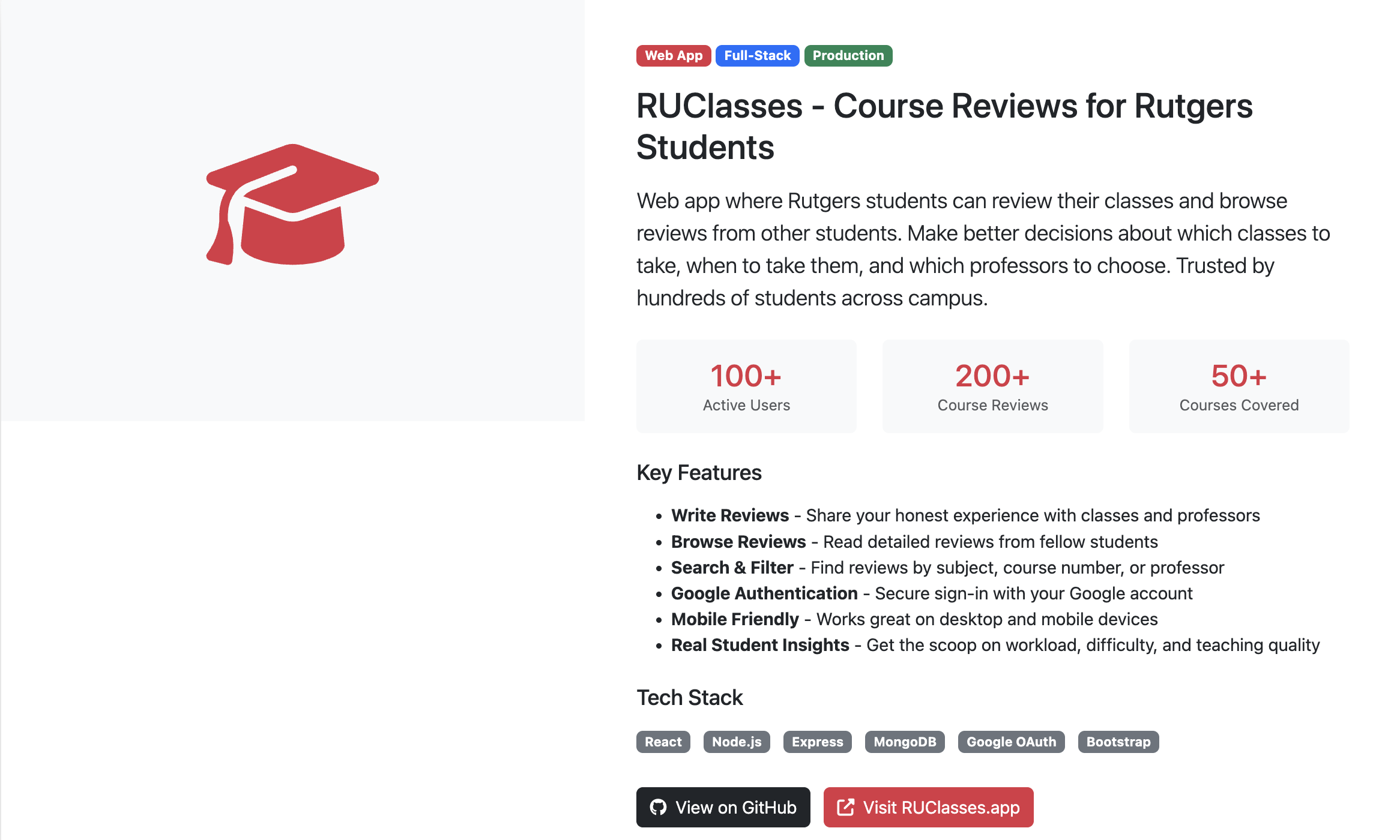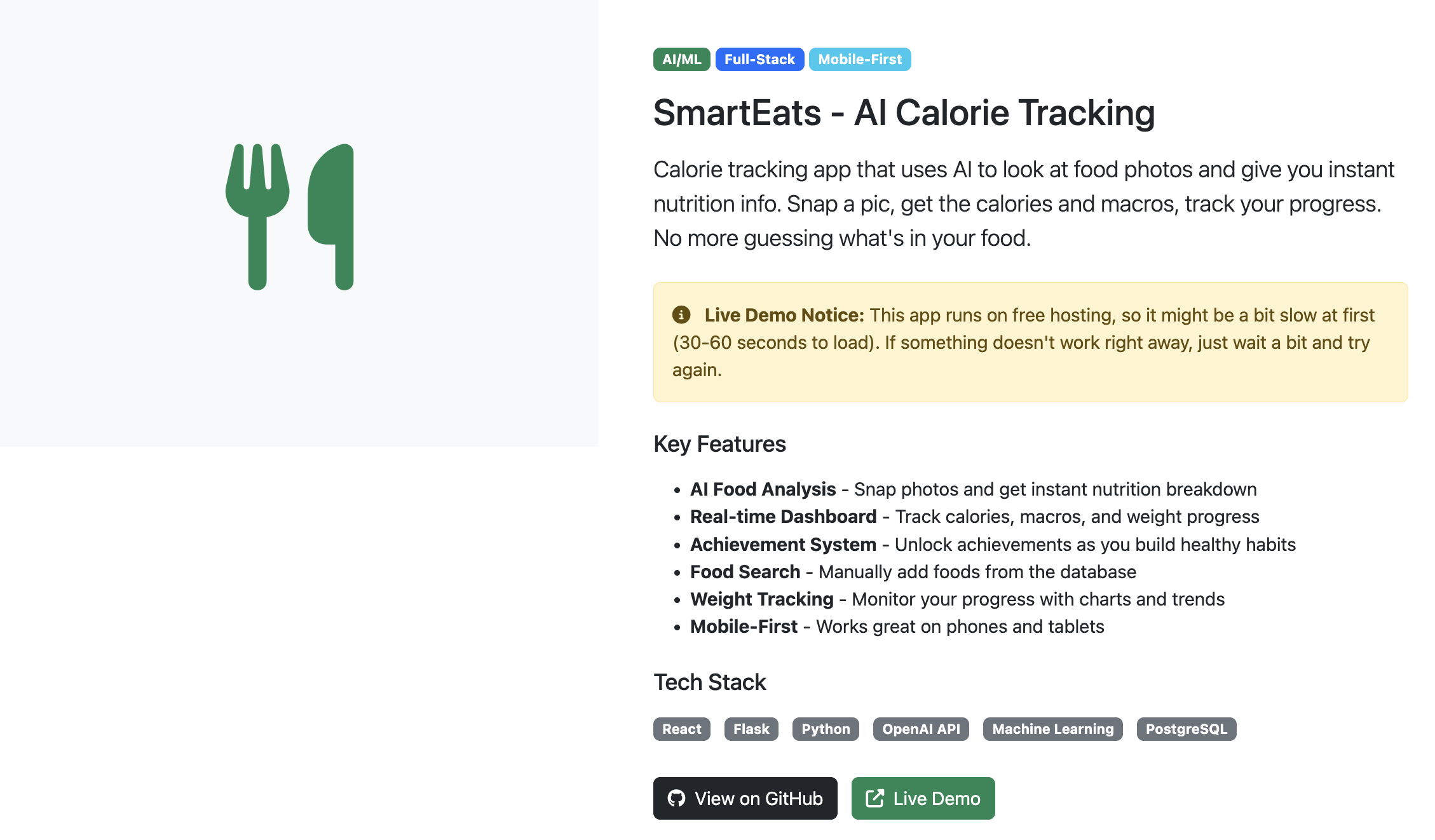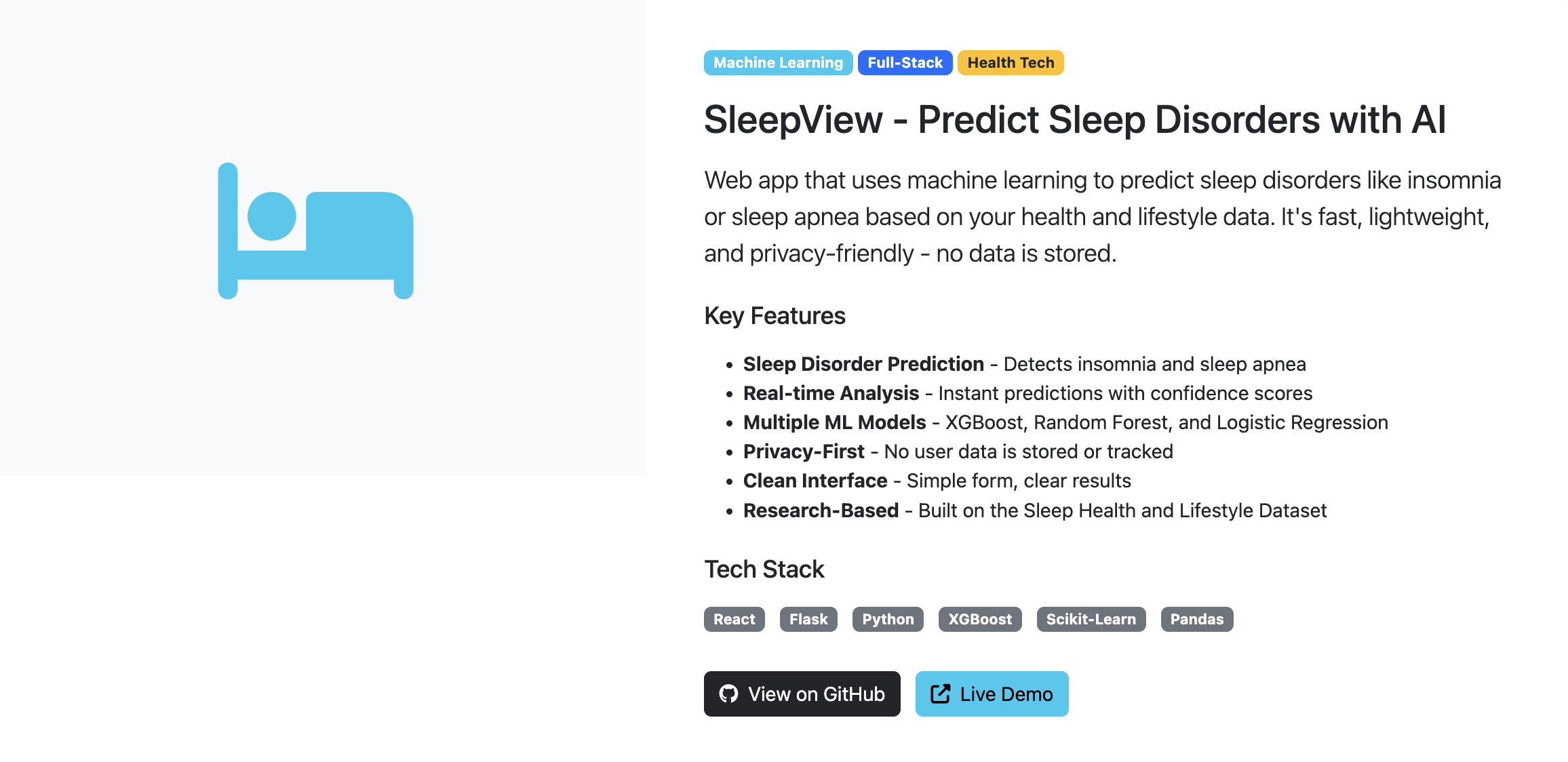Development
September 2025
Free Hosting Struggles
Here's something nobody tells you when you're learning to code - hosting your projects
is kind of a pain, especially when you're a broke college student who doesn't want to
spend money on AWS or Heroku.
I use free hosting for pretty much all my projects right now. It works, but there are
tradeoffs. The biggest one is speed. Free hosting puts your app to sleep when nobody's
using it, so the first person to visit gets hit with like a 30-60 second load time while
the server wakes up. Not ideal when you're trying to show off your project.
I've learned to just own it though. I put a notice on my demos warning people about the
slow first load. Is it perfect? No. But it's honest and most people get it. Plus once
the app is awake, it runs smooth. Just gotta set expectations.
On the bright side, dealing with these limits has made me better at coding. I've had to
think more about optimization, caching, and how to make things run fast even with less
resources. When you can't throw money at a problem, you gotta actually solve it with
code. That's a pretty useful skill.
Would I pay for better hosting if I could? Probably. But for now, free hosting gets my
projects online and that's what matters. I can always upgrade later when I'm not living
off ramen.
If you're trying to figure out how to actually get a website online from scratch, this
video breaks down the whole process - templates, coding, buying a domain, hosting, DNS,
all of it. It's a solid resource that covers everything you need to take a site from
your
computer to the internet.


